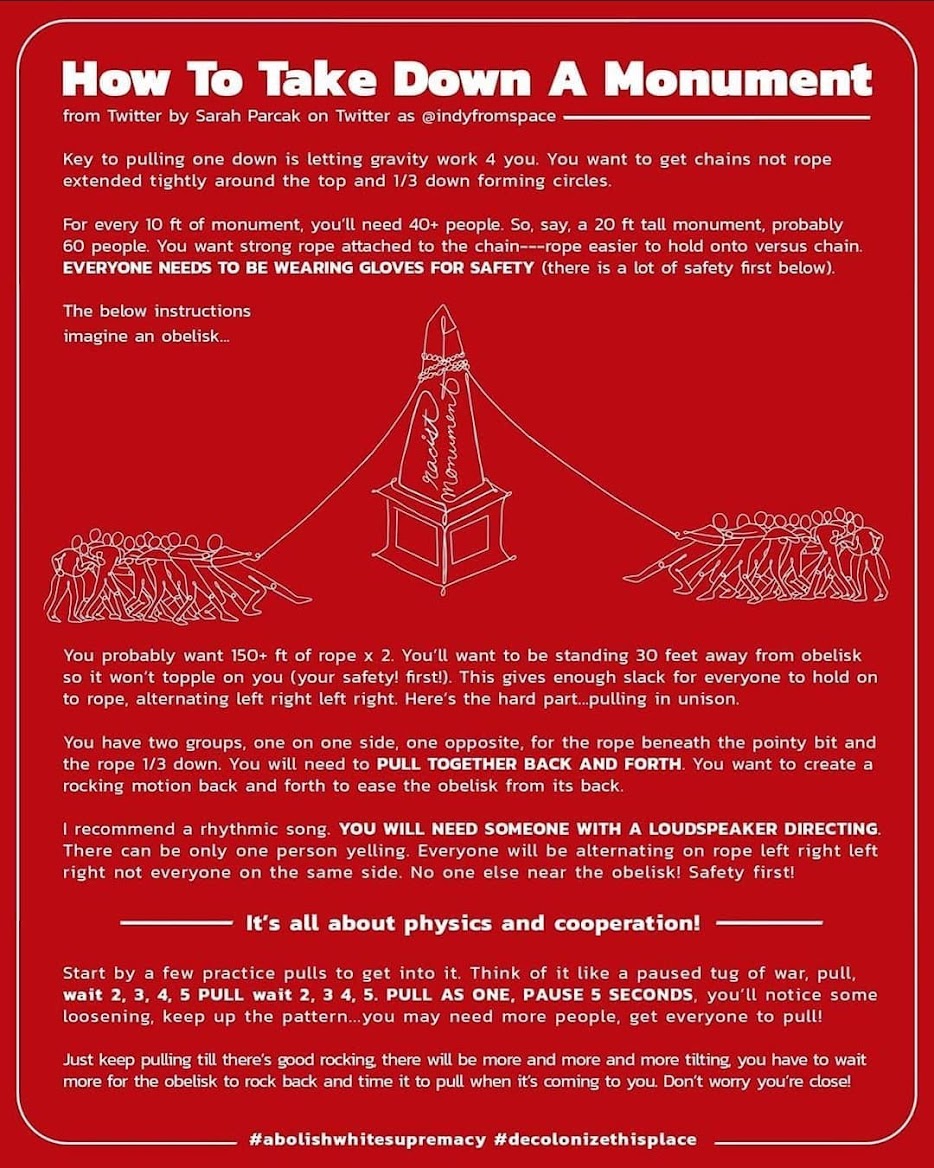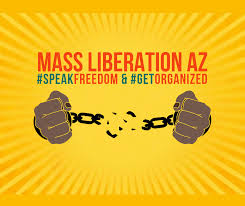FOR IMMEDIATE RELEASE
Thursday, June 23, 2011
Contact: Alessandra Soler Meetze 602-418-5499 (cell) or 602-773-6006 (office)
“Many of the men and women that we spoke to are needlessly detained for many months to several years in terrible conditions that jeopardize their safety and well-being,” said ACLU of Arizona staff attorney Victoria Lopez, who authored the report based on 115 face-to-face interviews conducted with people detained in Eloy and Florence, Arizona over a two-year period from March 2009 through March 2011. “Until there is independent oversight and monitoring of facilities where immigration detainees are held, detainees have no choice but to speak up for themselves.”
As part of the ACLU’s documentation efforts, Lopez spent countless hours corresponding with detainees, interviewing their family members, and culling through hundreds of government records, including more than 500 grievances. The report illustrates the real stories of people, including vulnerable women and transgender detainees, who have suffered from abuses related to inhumane conditions and inadequate legal protections while detained.
According to the report, flawed immigration policies, including local immigration enforcement, have led to a 58% increase in immigration detention in Arizona over the past six years. In addition, because there are no legally-enforceable standards and the majority of immigration detention centers in Arizona are operated by either private corporations or a local county jail, there is very little oversight over the delivery of medical care, grievance procedures, and overall treatment of detainees.
One of the cases cited by the ACLU in its report documents the story of Leticia, a single mother of two U.S. citizen children with no criminal history who was detained for almost two years by Immigration and Customs Enforcement (ICE) at the Pinal County Jail (PCJ), which is operated by Pinal County Sheriff Paul Babeu. During most of that time, she was not allowed contact visits with her children or outdoor recreation and endured deplorable conditions.
Despite statements by the Department of Homeland Security almost two years ago indicating initiatives to reform the immigration detention system, major failures persist in the Arizona facilities, the ACLU said. Among its recommendations, the ACLU-AZ called on ICE to terminate its contract with PCJ, which received “deficient” ratings in 2007, 2008 and 2009, and where the ACLU documented the most egregious examples of human rights abuses.
For example, in the winter 2010, ICE transferred hundreds of immigrant women out of PCJ after the women submitted petition letters complaining of abusive treatment by guards, insufficient hygiene supplies, and poor medical treatment. In the spring 2011, men detained at the same jail began a hunger strike to protest many of the same problems. Over the course of the past year, the ACLU-AZ has also received reports from PCJ involving excessive use of force against detainees and jail officials’ failure to accommodate detainees’ religious needs.
“No amount of cosmetic fixes will take care of the fact that immigration detention presents major fiscal and human costs for immigrants and citizens alike,” added Lopez. “DHS should take immediate steps to end its contract with Pinal County Jail officials who aren’t being held accountable and operate a facility that fails to meet even minimum constitutional standards."
With 3,000 people detained on any given day in ICE facilities in Arizona, the ACLU-AZ also called on the federal government to reduce the number of people subjected to detention in Arizona by utilizing more cost-effective alternatives to detention and ensure that conditions in Arizona detention facilities comport with basic human rights and needs.
Read the ACLU-AZ’s full report, “In Their Own Words: Enduring Abuse in Arizona Immigration Detention Centers."
###
Nuevo reporte de la ACLU de Arizona documenta condiciones inhumanas y políticas fallidas en los centros de detención de inmigración en Arizona
El grupo insta a la terminación del contrato con la Cárcel del Condado Pinal
PARA SU PUBLICACIÓN INMEDIATA
Jueves, Junio 23, 2011
Contacto: Alessandra Soler Meetze 602-418-5499 (celular) ó 602-773-6006 (oficina)
PHOENIX – El exceso de dependencia en la detención de inmigración por parte del gobierno de los Estados Unidos ha llevado a condiciones inhumanas en los cinco centros de detención de inmigración de Arizona, a la detención innecesaria y prolongada y al trato abusivo de inmigrantes, de acuerdo a un nuevo reporte de la Unión Americana de Libertades Civiles de Arizona (ACLU por sus siglas en inglés) publicado hoy. El reporte de 36 páginas, titulado “En sus propias palabras: soportando el abuso en los centros de detención de inmigración en Arizona”, es el reporte más exhaustivo que documenta las experiencias de inmigrantes detenidos por el gobierno federal en Arizona.
“Muchos de los hombres y mujeres con los que hablamos son detenidos innecesariamente durante muchos meses hasta varios años en condiciones terribles que ponen en peligro su seguridad y su bienestar”, declaró Victoria López, abogada del personal de la ACLU de Arizona, quien redactó el reporte basado en 115 entrevistas personales con individuos detenidos en Eloy y Florence durante un periodo de más de dos años, desde marzo de 2009 hasta marzo de 2011. “Hasta que exista una supervisión independiente y un monitoreo de las instalaciones en donde los detenidos de inmigración son recluidos, los detenidos no tendrán otra opción más que hablar por sí mismos”.
Como parte de los esfuerzos de documentación de la ACLU, López pasó incontables horas manteniendo correspondencia con los detenidos, entrevistando a miembros de sus familias, y seleccionando entre cientos de registros del gobierno, incluyendo más de 500 quejas. El reporte muestra las historias reales de las personas, incluyendo las de mujeres vulnerables e individuos transgénero detenidos, quienes sufrieron a causa de los abusos relacionados a las condiciones inhumanas y protecciones legales inadecuadas mientras se encontraban detenidos.
De acuerdo al reporte, las políticas fallidas de inmigración, que incluyen la aplicación local de leyes de inmigración, han llevado a un incremento del 58 por ciento en las detenciones de inmigración en Arizona durante los pasados seis años. Asimismo, a causa de que no existen normas que se hagan cumplir legalmente y de que la mayoría de los centros de detención de inmigración en Arizona son operados ya sea por corporaciones privadas o por una cárcel local de condado, existe muy poca supervisión sobre la prestación de cuidado médico, los procedimientos para presentar quejas, y el trato en general de los detenidos.
Uno de los casos mencionados por la ACLU en este reporte documenta la historia de Leticia, una madre soltera de dos hijos ciudadanos de Estados Unidos y sin historial de antecedentes criminales, quien fue detenida durante casi dos años por la Oficina de Inmigración y Control de Aduanas de los Estados Unidos (ICE por sus siglas en inglés) en la Cárcel del Condado Pinal, la cual es operada por el Sheriff del Condado Pinal Paul Babeu. Durante la mayoría de ese tiempo, a ella no se le permitió tener visitas para tener contacto con sus hijos ni tener una actividad recreativa en exteriores, y soportó asimismo condiciones deplorables.
No obstante las declaraciones del Departamento de Seguridad Nacional de los Estados Unidos (DHS por sus siglas en inglés) hechas hace casi dos años indicando iniciativas para reformar el sistema de detención de inmigración, persisten muchas fallas en las instalaciones carcelarias de Arizona, informó la ACLU. Entre sus recomendaciones, la ACLU-AZ hizo un llamado a ICE para que dé fin a sus contratos con la Cárcel del Condado Pinal, la cual recibió evaluaciones “deficientes” en 2007, 2008 y 2009, y en donde la ACLU documentó los ejemplos más atroces de abusos a los derechos humanos.
Por ejemplo, durante el invierno de 2010, ICE transfirió a cientos de mujeres inmigrantes fuera de la Cárcel del Condado Pinal (PCJ por sus siglas en inglés) después de que las mujeres sometieron cartas de petición quejándose de un trato abusivo por parte de los guardias, de no tener suficientes artículos para la higiene, y de un cuidado médico inadecuado. En la primavera de 2011, hombres detenidos en la misma cárcel comenzaron una huelga de hambre para protestar en contra de los mismos problemas. Durante el curso del año pasado, la ACLU-AZ también ha recibido reportes desde la PCJ que involucran el uso de fuerza excesiva en contra de los detenidos y la falla por parte de los guardias carcelarios de proveer acomodo para las necesidades de carácter religioso de los detenidos.
“Ninguna cantidad de remedios superficiales resolverán el hecho de que la detención de inmigración representa grandes costos fiscales y humanos para inmigrantes y ciudadanos por igual”, añadió López. “El DHS debe tomar medidas inmediatas para dar fin a su contrato con los funcionarios de la Cárcel del Condado Pinal, a quienes no se les está haciendo responsables y operan una cárcel que no cumple aún con las mínimas normas constitucionales”.
Con más de 3,000 personas que son detenidas en cualquier día determinado en las instalaciones de ICE en Arizona, la ACLU-AZ también hizo un llamado al gobierno federal para que reduzca el número de personas que son sujetas a la detención de inmigración en Arizona al utilizar alternativas que sean más rentables a la detención y que aseguren que las condiciones en las instalaciones de detención en Arizona se adhieran a las necesidades y derechos humanos básicos.
El reporte completo de la ACLU-AZ “En sus propias palabras: soportando el abuso en los centros de detención de inmigración en Arizona”, está disponible en-línea en este nexo: www.acluaz.org/detention-report-2011.









No comments:
Post a Comment